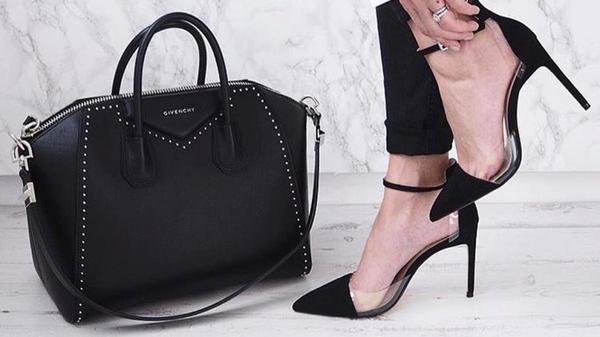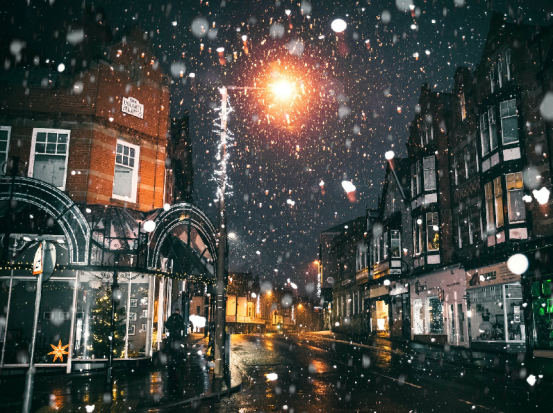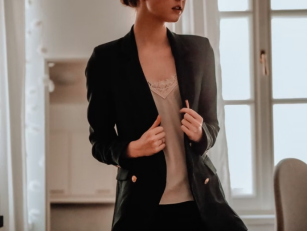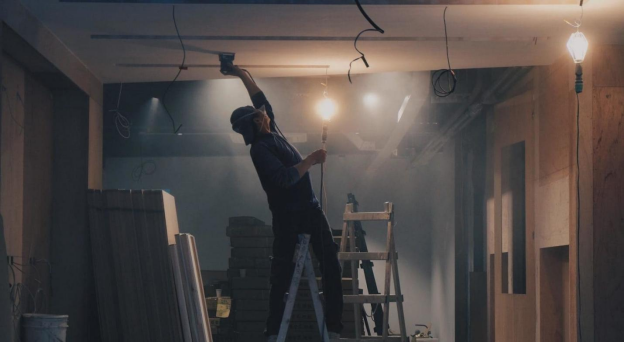LAURA CHAMORRO
Prada, Miu Miu, Dolce & Gabbana, Michael Kors... are some of the firms that coexist in the recently opened Garbera space. Heritage has been hoarding for a few days the most exclusive and desired pieces on the market, at unimaginable prices, thanks to the '2nd Life' model. If in other European capitals it is common to find second-hand stores -even becoming a mandatory stop for any lover of vintage fashion-, this type of "shopping experience" still has a long history in our territory. For this reason, within the process of transformation and innovation in which Garbera is, this first pop up store under the name Heritage has seen the light of day, a space that opened its doors on November 22 coinciding with the inauguration of the spectacular area hospitality and leisure.
This business located in the old restaurant square, is a retail format of an ephemeral clothing and accessories store, with very advantageous prices, varied aesthetics and brands, and diverse styles. It is a business formula that appears and disappears in a short period of time and that has become fashionable in the last decade as a "cool" shopping experience and an alternative to the traditional model.
The deputy for the Environment, José Ignacio Asensio, did not miss the launch of this project, pointing out that "once again Gipuzkoa takes action, bringing second-hand clothes closer to the citizen, to make visible that not only It is not an economic opportunity, but it also allows disused garments to be reused and stops the impact of the textile industry”. Likewise, Asensio has highlighted that the '2nd Life' model “is one more purchase option for the citizen. A clear commitment to the commitment to the circular economy, to companies and local authorities, and above all, to the generation of social employment hand in hand, in this case, with the Grupo Emaús Fundación Social”.

david vincent
The conjunction between the Emmaus Foundation, creator of the project; Garbera, who gives up, promotes and drives the space; and the support of the Department of the Environment of the Provincial Council of Gipuzkoa, allows this new store formula to reach the customer, in a post-pandemic era in which new shopping experiences are more necessary than ever.
The manager of Garbera, Nuria Vegas, has expressed her satisfaction with the opening of this store that is "in line with the new philosophy of the center, in which sustainability, innovation, evolution and integration in the environment are the parameters under which the entire great transformation project is being carried out”. In addition, the person in charge adds that “anyone who comes to Garbera will see a well-cared store with a very current aesthetic, Nordic, bright, with a very special concern for using reused and sustainable elements in its decoration. So far, nothing new, if it weren't for the fact that the clothes on offer have an emotional traceability that speaks of other previous lives. Garments that speak of past memories, but almost impeccable and ready to be filled with life and new stories».
María Ayastuy, Garbera's marketing manager, also wanted to highlight the data collected during the first days of operation, with a "more than satisfactory" balance. According to the numbers handled by Ayastuy, "the first weekend of this second-hand store has been spectacular. Sales show us this and the attraction to a different audience has been palpable from the first to the last minute.
DAVID VINCENT
New production and purchasing habits
We live in a climate emergency situation and taking into account that textiles are the second most polluting industry on the planet, the reuse of clothes that already exists and is in good condition is almost an obligation and a moral commitment to future generations.
It should be noted that the climate conference held this month in Glasgow has once again put the focus on the fashion sector as the second most polluting industry on the planet. Currently, the textile economy is immersed in a profound transformation due to the new regulations that force it to pollute less; with a much more controlled and balanced value chain and production.
Garbera,Glasgow,San Sebastián,FashionTrends



